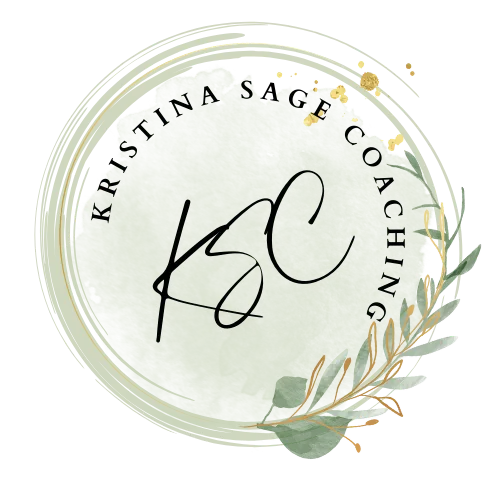My BLOG:
Renew & Rise Higher: Turning Exhaustion into Empowerment
How healing from within brings strength, balance, and freedom

Best Stress Recovery Habits for Women in Burnout
If you're always tired, constantly overwhelmed, and feeling like you just can't catch a break, you might be dealing with burnout. And you’re not alone.
Burnout is more than just being exhausted. It’s a state where your body, mind, and emotions feel completely drained. You don’t bounce back as easily. You wake up tired. Even small things feel like a big deal.
I see this all the time in the women I coach. They’ve pushed for years, trying to do it all. And now their bodies are saying: “I can’t keep up.”
The good news? You can recover. But it doesn’t start with doing more. It starts with doing things differently.
Let’s talk about real-life, doable stress recovery habits that help your body reset and your mind feel safe again.
First, what is stress recovery?
Stress recovery means giving your body time and space to heal after being under constant pressure.
You see, when you’re stressed all the time, your body stays stuck in “fight or flight” mode. This makes it harder to sleep, harder to think clearly, and harder to feel calm.
True recovery happens when your body shifts into “rest and repair” mode. And you can train your body to do that—with small habits that make a big impact over time.
Signs you need stress recovery:
You wake up already exhausted
You feel on edge or easily irritated
You can’t shut your brain off at night
You rely on caffeine or sugar to get through the day
You don’t enjoy things you used to love
If this sounds like you, don’t worry—you’re not broken. Your body is just trying to protect you. Let’s help it feel safe again.
My Top Stress Recovery Habits for Burnout
1. Start your day without your phone
Instead of scrolling social media or checking emails, spend your first 20–30 minutes being quiet. Stretch. Breathe. Drink water. Step outside.
This helps your brain ease into the day without a flood of stress hormones.
2. Eat breakfast with protein and fat
Skipping meals or loading up on sugar and carbs can spike your blood sugar and stress your system. Try eggs, avocado toast, or a smoothie with protein powder and nut butter.
Balanced meals = balanced energy = less stress on your body.
3. Schedule small moments of stillness
Set a timer for 2–5 minutes and just breathe. Close your eyes. Inhale for 4 counts, exhale for 6.
These “mini breaks” tell your body: You’re safe. You can relax now.
4. Get outside once a day
Sunlight and fresh air reset your nervous system. Even a 10-minute walk around the block can lower your stress levels and boost your mood.
5. Create a calming evening routine
Dim the lights. Shut down screens. Stretch or take a warm bath. Listen to soft music. The goal is to send signals to your body that the day is done.
6. Speak kindly to yourself
If you mess up or forget something, say, “It’s okay. I’m healing.”
Shame and guilt slow recovery. Self-compassion speeds it up.
What recovery is not:
It’s not doing more yoga, but still overbooking your calendar
It’s not bubble baths on top of chronic overwork
It’s not pushing through and hoping you feel better next week
True stress recovery is about shifting how you live, not just adding more self-care tasks to your list.
You can reset. You can heal. And it doesn’t have to be hard.
When you give your body what it needs, it responds. Even if it’s been years. Even if you feel like nothing’s worked before.
You just need a clear plan.
That’s why I created the Adrenal Recovery Protocol.
It walks you through:
How to rebuild your energy
How to balance your blood sugar and stress hormones
What to eat, how to rest, and when to reset
Because the healing you’ve been craving? It’s closer than you think.
And you don’t have to do it alone.
Want Personalized Guidance on Your Wellness Journey?
Take the next step toward sustainable health with one-on-one coaching.
Stay in the Know!
Get exclusive wellness tips, monthly newsletter, and early access to new programs.
